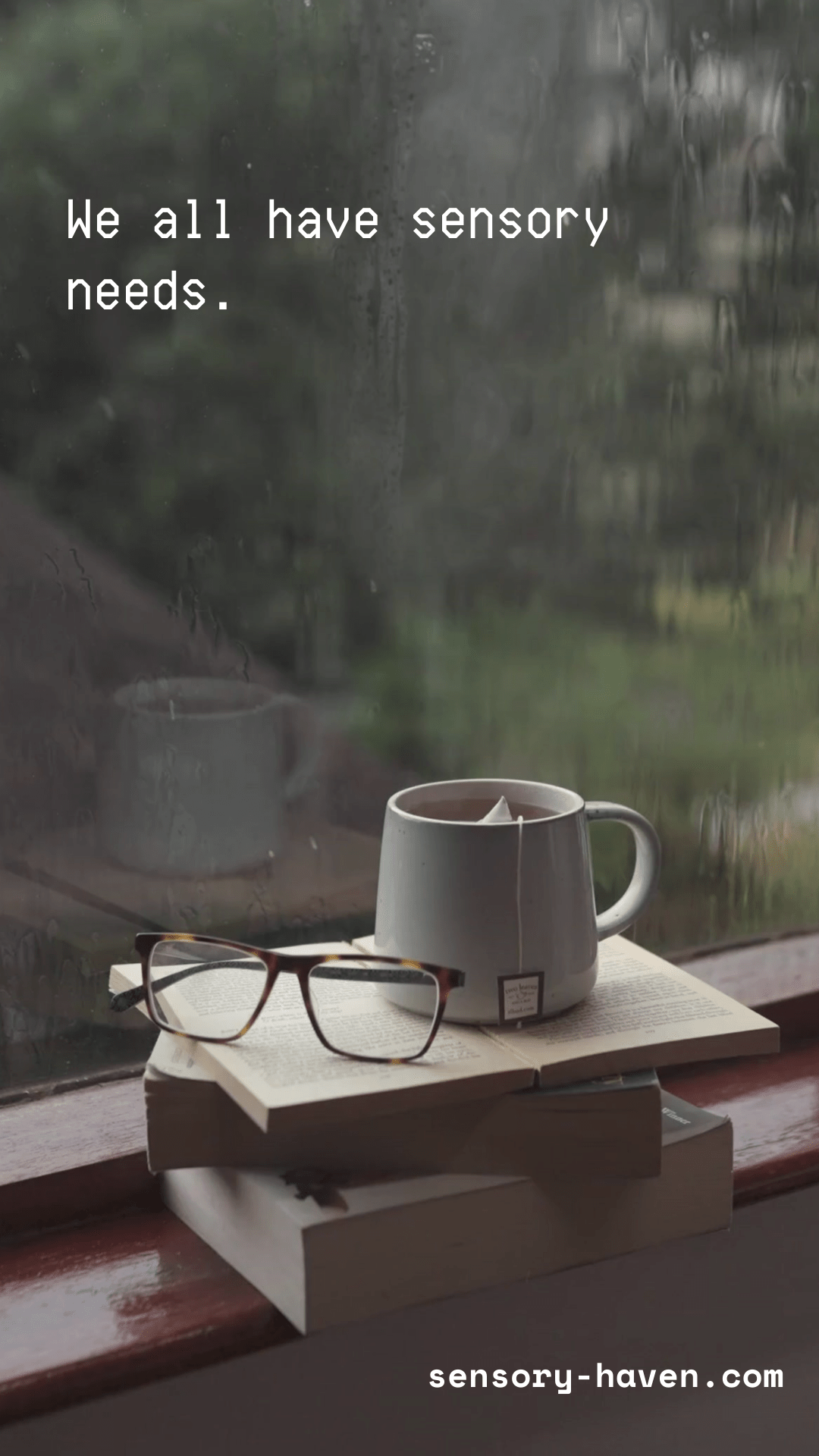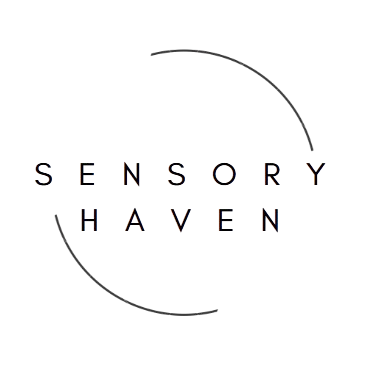
Sensory Processing and Depression Understanding the Connection
Share
Living with sensory processing issues and depression can be challenging, and it's important to acknowledge the impact that these conditions can have on our daily lives. Many people may not realize the connection between sensory processing and depression, but for those who experience both, the link is significant and often complex.
Sensory processing issues can manifest in various ways, such as being overly sensitive to sensory input or seeking out sensory stimulation. This can lead to feeling overwhelmed, anxious, or fatigued, especially in environments with intense sensory input. When combined with depression, these experiences can exacerbate feelings of hopelessness, isolation, and emotional instability.
It's crucial to recognize the intersection of sensory processing and mental health and to seek support that addresses both aspects. Whether it's finding calming sensory strategies to manage overwhelm or seeking therapy to address underlying depression, there are ways to navigate these challenges and find relief.
Validating and understanding our experiences is the first step toward feeling empowered to seek help. By acknowledging the impact of sensory processing and depression, we can begin to explore holistic approaches that support our overall well-being. Remember, you are not alone, and resources and communities are available to offer understanding and guidance along the way.
Sensory processing issues can manifest in various ways, such as being overly sensitive to sensory input or seeking out sensory stimulation. This can lead to feeling overwhelmed, anxious, or fatigued, especially in environments with intense sensory input. When combined with depression, these experiences can exacerbate feelings of hopelessness, isolation, and emotional instability.
It's crucial to recognize the intersection of sensory processing and mental health and to seek support that addresses both aspects. Whether it's finding calming sensory strategies to manage overwhelm or seeking therapy to address underlying depression, there are ways to navigate these challenges and find relief.
Validating and understanding our experiences is the first step toward feeling empowered to seek help. By acknowledging the impact of sensory processing and depression, we can begin to explore holistic approaches that support our overall well-being. Remember, you are not alone, and resources and communities are available to offer understanding and guidance along the way.
